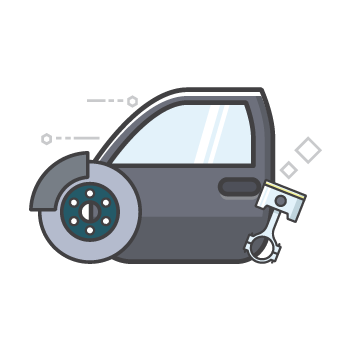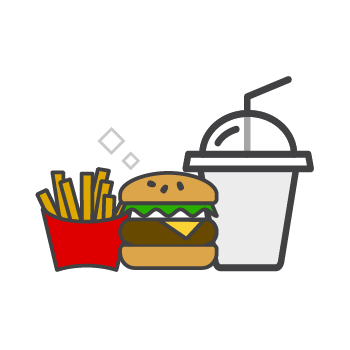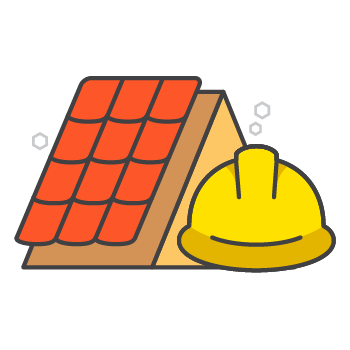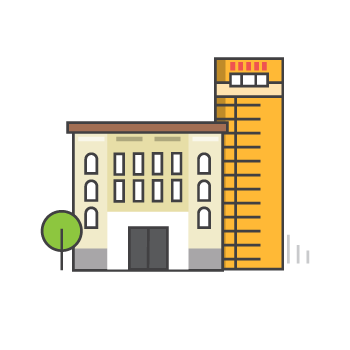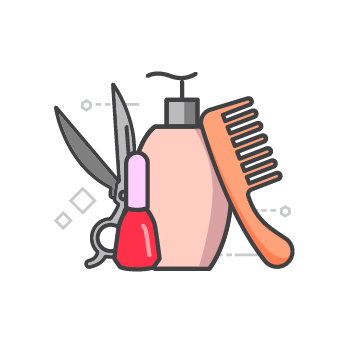How to Handle Kitchen Fires
by Carolyn Lee Oct 2, 2023
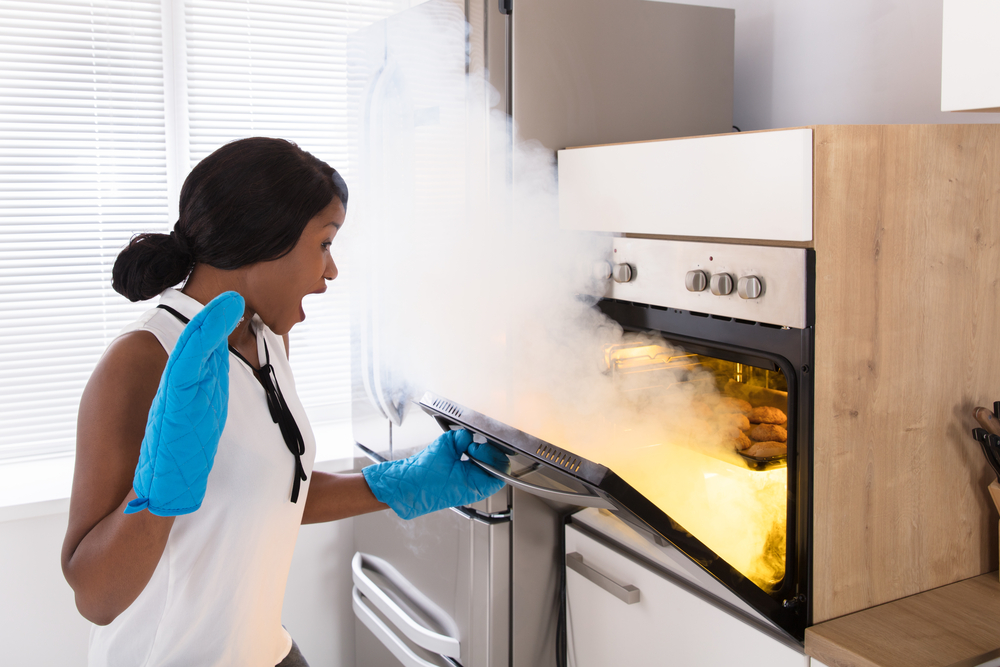
Cooking accidents can result in fires that can cause injury and severe property damage. A kitchen fire requires quick attention and action to prevent it from spreading. Typical fires that occur in the kitchen include microwave, oven, grease, and electrical fires. We have a few tips you can use that can help you to extinguish a kitchen fire safely.
Microwave or oven fires
Materials like Styrofoam, aluminium foil, paper bags, cookware with metal trims, stainless steel, and plastic containers can start microwave and oven fires. Fire needs oxygen to burn and can become more prominent if you open the door to try and extinguish it.
How to handle a microwave or oven fire: You should turn off the oven or microwave to prevent the internal fan from giving the flames oxygen. Open your kitchen windows to bring fresh air into the space and allow the fire to suffocate inside the enclosed area. You can open the door and clean up when it is out. If the fire does not burn out, call for emergency assistance and leave the house.
Electrical fires
Faulty sockets and outlets, over-burdened extension leads, outdated wiring and old or damaged appliances can cause an electrical fire. Many cooking gadgets are electrical, so knowing how to respond to a fire is crucial. Unplug an electric device if it smokes or has an unusual smell. You can also replace cracked or frayed electrical cords and avoid placing them under rugs to help prevent an electrical fire.
How to handle an electrical fire: You can use baking soda or a fire extinguisher rated for electrical fires to smother the flames. Turn off the power source and avoid touching the appliance to prevent electric shock. Never use water to attempt to put out an electrical fire.
A fire caused by grease.
A grease fire can happen when fat, oil, or grease overheats beyond its smoke point and gets so hot that it ignites. This type of fire is potentially dangerous. So don’t pour water on the blaze site, as this will cause flaming oil to splash around the kitchen, potentially causing burns, additional property damage, or spreading the fire.
How to handle a grease fire: You should immediately turn off the stove. Then, use a lid to cut off the oxygen supply to the blaze site (pan, fryer, or pot). You can also use salt or baking soda to douse the fire. A fire extinguisher can dampen the flames as well.
General fire safety tips to keep in mind.
You can proactively protect your home from fire damage by putting measures and systems in place to alert you when there is a fire. Install smoke alarms in the kitchen and other rooms inside your home. You should also test the alarms to ensure they are working correctly and replace batteries if they aren’t. Talk to all family members about a fire escape plan and practice it. If a large fire starts, get out of the house, call for help, and avoid returning inside.
Please use Find Yello to search for fire alarms, fire protection equipment, supplies, fire departments, insurance companies, or related services.
_________________
Sources: Life Hack, Defender, Serious Eats, Red Cross, and For Dummies.



